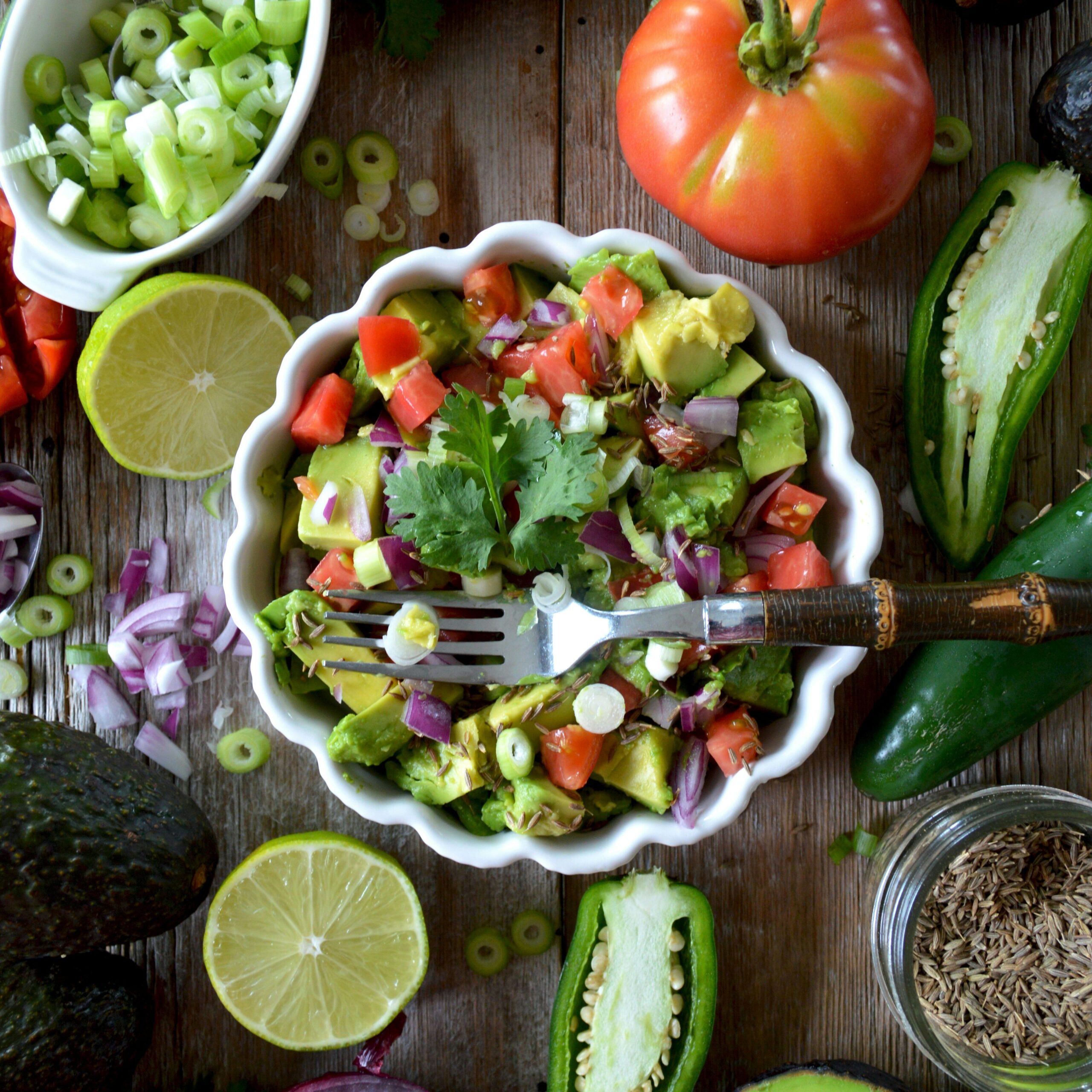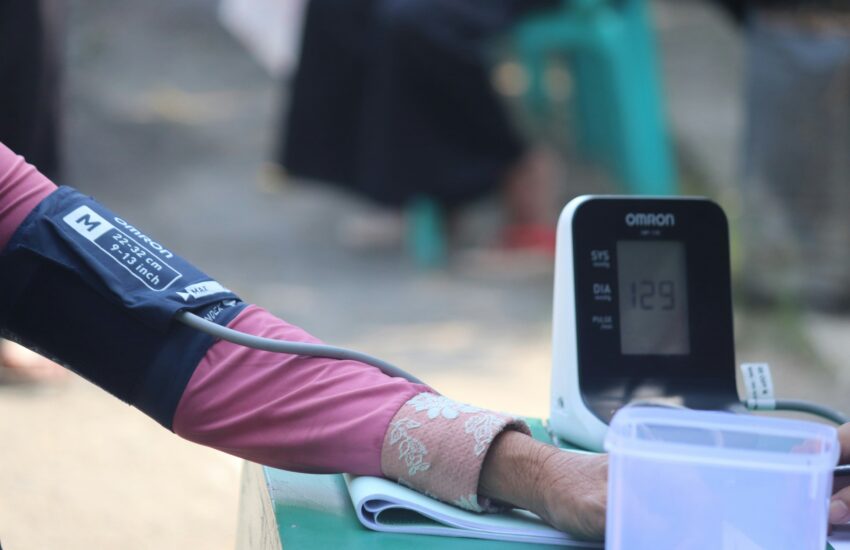Managing high blood pressure at home often involves a multifaceted approach that combines lifestyle changes with natural remedies. Here, we’ll delve into 15 effective home remedies for high blood pressure, each offering unique benefits in supporting cardiovascular health. Mohit Tandon from USA suggested 15 Home Remedies for High Blood Pressure:
Dietary Modifications:
Firstly, Begin by focusing on a heart-healthy diet rich in fruits, vegetables, whole grains, and lean proteins. Emphasize foods high in potassium, magnesium, and fiber while reducing sodium intake. Opt for fresh, unprocessed foods whenever possible, and flavor meals with herbs and spices rather than salt.

Limit Alcohol Consumption:
Secondly, Excessive alcohol consumption can elevate blood pressure levels. While moderate alcohol intake may have some cardiovascular benefits, it’s essential to limit consumption to no more than one drink per day for women and two drinks per day for men.
Maintain a Healthy Weight:
Thirdly, Being overweight or obese is a significant risk factor for high blood pressure. Strive to achieve and maintain a healthy weight through a balanced diet and regular exercise. Aim for a body mass index (BMI) within the recommended range for your age and height. – Mohit Tandon USA
Regular Physical Activity:
Engage in regular aerobic exercise to help lower blood pressure and improve overall cardiovascular health. Aim for at least 150 minutes of moderate-intensity exercise or 75 minutes of vigorous-intensity exercise per week, spread out over several days.

Quit Smoking:
Smoking not only raises blood pressure temporarily but also damages blood vessels and increases the risk of heart disease. Quitting smoking is one of the most significant steps you can take to improve your overall health and reduce your risk of hypertension.
Stress Management:
Chronic stress can contribute to high blood pressure. Practice stress-reduction techniques such as deep breathing, meditation, progressive muscle relaxation, or yoga to promote relaxation and lower blood pressure levels.
Adequate Sleep:
Poor sleep quality or insufficient sleep can lead to hypertension. Aim for seven to eight hours of quality sleep per night to support optimal cardiovascular health. Establish a relaxing bedtime routine and create a comfortable sleep environment to improve sleep quality. – Mohit Tandon USA
Increase Magnesium Intake:
Magnesium plays a crucial role in regulating blood pressure and supporting overall heart health. Incorporate magnesium-rich foods such as leafy green vegetables, nuts, seeds, whole grains, and legumes into your diet.
Potassium-Rich Foods:
Potassium helps counteract the effects of sodium and lower blood pressure. Include potassium-rich foods such as bananas, oranges, potatoes, sweet potatoes, spinach, and tomatoes in your daily diet.
Garlic Supplementation:
Garlic has been studied for its potential to lower blood pressure and improve cardiovascular health. Consider adding fresh garlic to your meals or taking garlic supplements under the guidance of a healthcare professional.
Hibiscus Tea:
Hibiscus tea has demonstrated blood pressure-lowering effects in several studies. Enjoying a cup of hibiscus tea daily may help reduce systolic and diastolic blood pressure levels over time. – Mohit Tandon USA
Dark Chocolate Consumption:
Dark chocolate contains flavonoids, which have antioxidant properties and may help lower blood pressure. Choose dark chocolate with a cocoa content of 70% or higher and consume it in moderation as part of a balanced diet.
Limit Caffeine Intake:
While moderate caffeine consumption is generally safe for most individuals, excessive intake can raise blood pressure levels. Limit your caffeine intake by choosing decaffeinated beverages or herbal teas, especially if you’re sensitive to its effects.
Omega-3 Fatty Acids:
Omega-3 fatty acids found in fatty fish such as salmon, mackerel, and sardines have been shown to have cardiovascular benefits, including lowering blood pressure. Incorporate fish into your diet regularly or consider taking omega-3 supplements.
Reduce Sodium Intake:
Excess sodium consumption is a leading cause of high blood pressure. Avoid adding extra salt to your meals, limit the intake of processed and packaged foods, and read food labels carefully to identify hidden sources of sodium.
Incorporating these home remedies into your daily routine can complement medical treatment and help you manage high blood pressure effectively. However, it’s essential to consult with your healthcare provider before making any significant changes to your diet, exercise regimen, or medication regimen, especially if you have pre-existing health conditions or are taking medications for hypertension. By taking proactive steps to improve your cardiovascular health, you can reduce your risk of complications associated with high blood pressure and enjoy a healthier, more active lifestyle.
